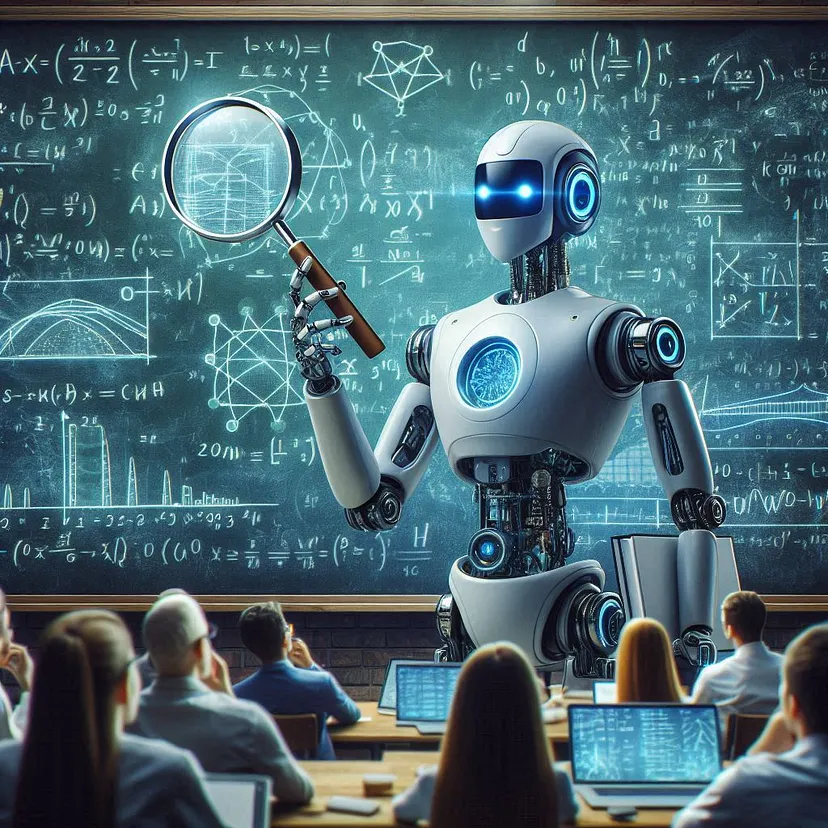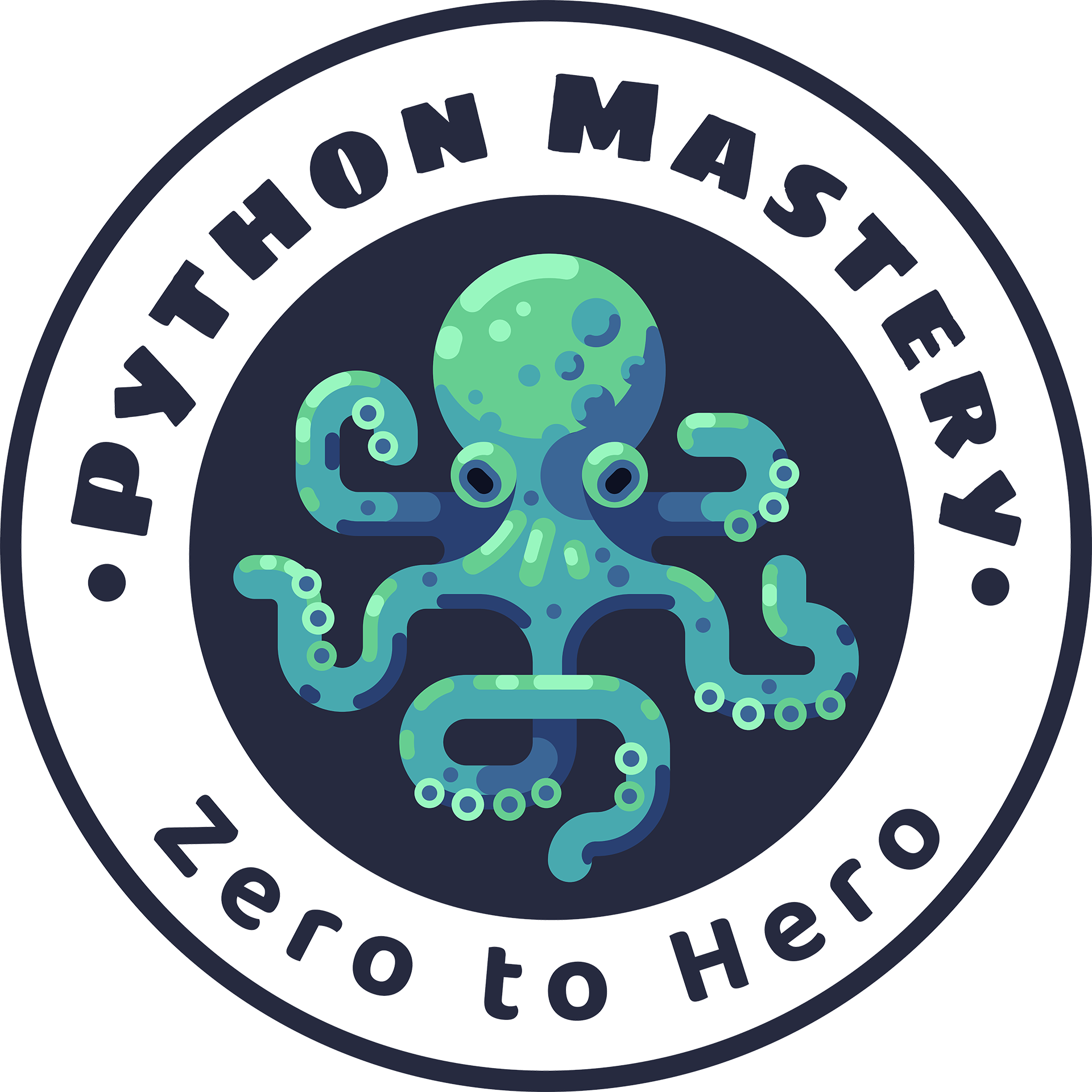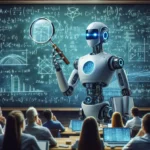The rise of generative AI has sparked numerous debates on its potential to disrupt industries, and one of the most intriguing questions that have emerged is: Could generative AI make data science obsolete?

In their book All Hands on Tech: The AI-Powered Citizen Revolution, Thomas Davenport, Professor at Babson College, and Ian Barkin, a venture capitalist, delve into this very topic. They explore how generative AI is transforming the landscape of software development and data science, making these domains more accessible to non-experts. But does this mean the end of data science as we know it?
The Democratization of Software Development
With the advancement of generative AI, the pathway to becoming a software developer is now open to everyone. Low-code and no-code tools, robotic process automation, and now, AI technologies, particularly generative AI, are making it easier than ever for anyone — regardless of technical background — to design software, analyze data, and even write code. This shift is monumental, especially for industries traditionally dominated by specialized experts.
Davenport and Barkin emphasize in their book that technology is no longer the exclusive domain of specific departments or expert roles. With these emerging tools, data and analytics are no longer confined to PhD holders or number-crunching specialists. In fact, they predict a future where every employee will have the ability to design systems, perform data analysis, write code, and even innovate in ways that were previously the realm of data scientists and software engineers alone.
“Technology no longer belongs to a specific department. Data analysis is no longer just for PhDs. Soon, every employee will be able to design, analyze, and create in ways that were once reserved for experts,” they write.
Generative AI: A Game-Changer for Citizen Development
Generative AI models, like ChatGPT, are already at the forefront of this transformation. As Davenport and Barkin point out, tools like ChatGPT represent a first step in a new era where AI can assist in generating code, automating processes, and solving complex problems — all at the speed of thought. With such advancements, it’s no wonder that the potential for non-experts to engage in technical tasks has skyrocketed.
However, while AI tools can automate routine tasks and create complex systems, they won’t completely replace the role of human workers in these fields. Instead, AI will serve as the ultimate assistant, enabling humans to work faster, more efficiently, and with greater flexibility. The true power of AI lies in its ability to assist humans, not replace them.
A New Era for Data Science
So, does generative AI spell the end for data science? Not entirely. While generative AI is democratizing access to software development and data analysis, the role of skilled data scientists is still crucial. The demand for human creativity, domain expertise, and critical thinking remains high, even as AI accelerates certain processes.
Davenport and Barkin believe that AI’s role will not be to replace workers but to augment their capabilities. Rather than obviating the need for data scientists, AI will enhance their productivity, allowing them to focus on more complex problems while automating routine tasks. AI tools will provide rapid prototyping, iterative feedback, and personalized solutions, freeing up humans to focus on what they do best: creativity, strategy, and innovation.
As Davenport and Barkin note, generative AI is the ultimate research or programming assistant. It can quickly produce code for analysis, and assist with defining key features of applications or models. The result? An empowered workforce that can continuously adapt, experiment, and innovate at an accelerated pace.
Conclusion
In response to the question of whether generative AI could make data science obsolete, the answer is clear: not entirely. While AI will undoubtedly reshape the field, creating more intense competition and redefining traditional roles, it will not eliminate the need for human expertise.
Rather, the future of data science is one of collaboration between human ingenuity and AI-powered tools, where humans focus on complex, creative tasks while AI handles the repetitive and time-consuming ones. This symbiotic relationship will redefine how we approach technology, and unlock new potential for businesses, industries, and individuals.
Generative AI isn’t here to replace data scientists — it’s here to make them more powerful.
Key Takeaways:
- Generative AI is democratizing software development and data analysis.
- AI tools like low-code/no-code platforms and ChatGPT are opening doors for non-experts.
- While AI will automate many tasks, human creativity, domain expertise, and strategic thinking remain essential.
- The future of data science lies in a partnership between AI and human experts, where AI enhances human productivity.
Sourse: ZDnet



